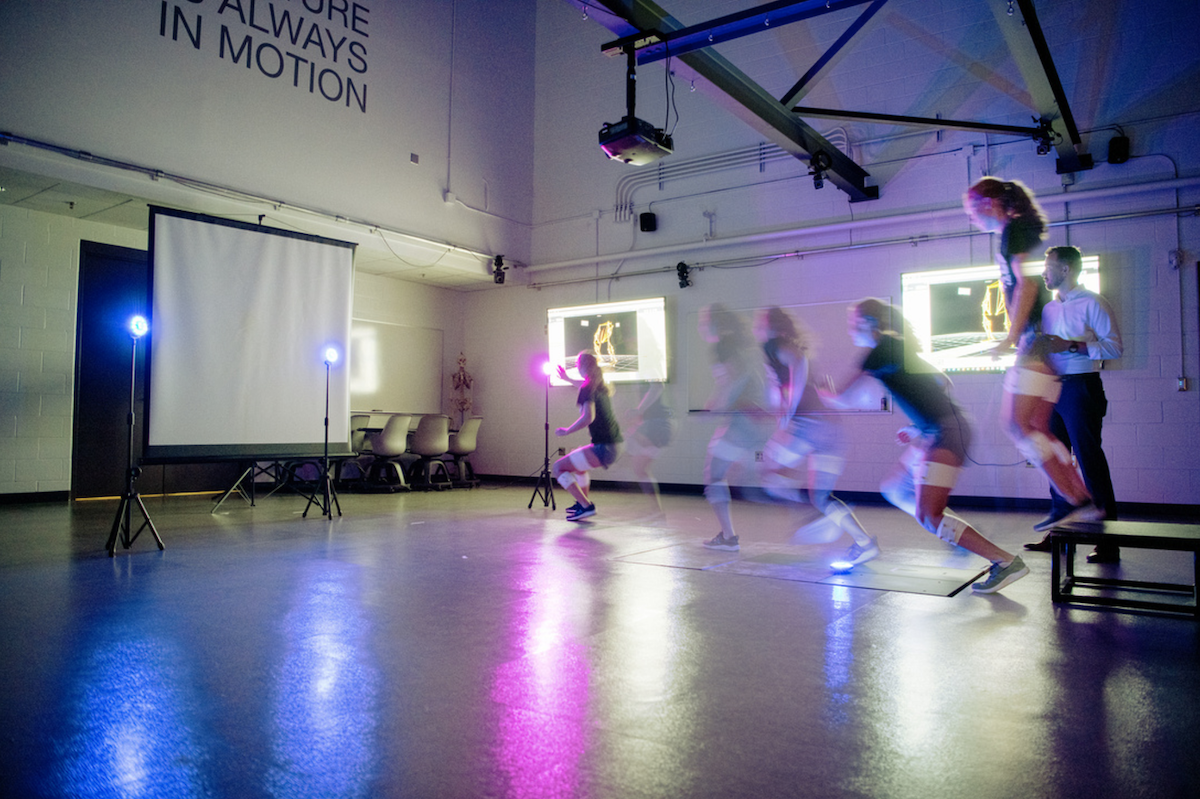
Master of Science in Exercise Physiology
The exercise physiology graduate program provides students with the specialized skills needed to work in either a clinical, research, or field-based environment.
Three Specializations To Choose From:
1. Research
The Research program is a two-year program that requires completing a master’s thesis. This track prepares students to work in an academic or research environment. A strong background in the sciences is recommended for admission into the program, including organic chemistry, physics, calculus, human anatomy and physiology and exercise physiology.
2. Clinical
The Clinical program is a four-semester program (typically starting and ending in the summer) that leads to a Master of Science in Physiology of Exercise. It is designed to prepare students to work as researchers in the field, or as preventive and rehabilitative specialists (as certified by the American College of Sports Medicine).
3. Human Performance
The Human Performance program will focus on engagement, practicum, and internship opportunities in performance coaching and analytics that will prepare you to be a competitive human performance practitioner. Regular interactions with athletes and coaches will allow you to gain an understanding of the day-to-day operations in the field as well as network with professionals who are connected to the industry.
Application Requirements
Applications for consideration of admission, financial aid, and graduate funding for the next academic year should be received by February 15; however, review of application will continue as they arrive until March 25 for summer start date (clinical) or July 15 for a fall start date (research). A spring start date may be feasible for some students (research and clinical) but the completed application is due no later than November 1.
International students must apply by February 15 (fall start date), August 1 (spring start date), or December 1 (summer start date).
Application requirements include a GPA above 3.0 is preferred. Learn more about admission requirements for exercise physiology.
Program Highlights
We have five laboratory spaces dedicated to enhancing academics and research for our Exercise Physiology students and faculty. Some of the technologies these facilities include are ultra-low freezers, plate readers, UV/VIS Spectrophotometer, 3D motion capture system, Bertec Embedded force plates, and Noraxon Inertial Measurement Unit Systems.
State-of-the-Art Research Facilities
- Exercise Biochemistry Lab
- Exercise Physiology Lab
- Neuromuscular Biomechanics and Health Assessment Lab (NMBHAL)
- Strategies and Tools for Evaluating Play Lab (STEP)
- Human Performance Center
Learn about one of our exercise physiology program founders, olympic rowing coach, Frederick "Fritz" Hagerman

Fritz Hagerman founded the exercise physiology program at OHIO and was a consultant for the U.S. National Rowing team for more than 40 years, through eight World Olympic Games and dozens of world rowing championships. Prior to his death in 2013, he was granted U.S. Rowing’s Jack Kelly award which recognizes those who serve as an inspiration to American rowers through superior achievements in rowing, service to amateur athletics and success in a chosen profession.
Contact
For general questions about the exercise physiology graduate program's clinical, human performance or research tracks, please contact:
Sharon Perry, Ph.D.
Department Director & Undergraduate Coordinator, Exercise Physiology
Associate Professor, Exercise Physiology
740-593-9494
perrys1@ohio.edu
